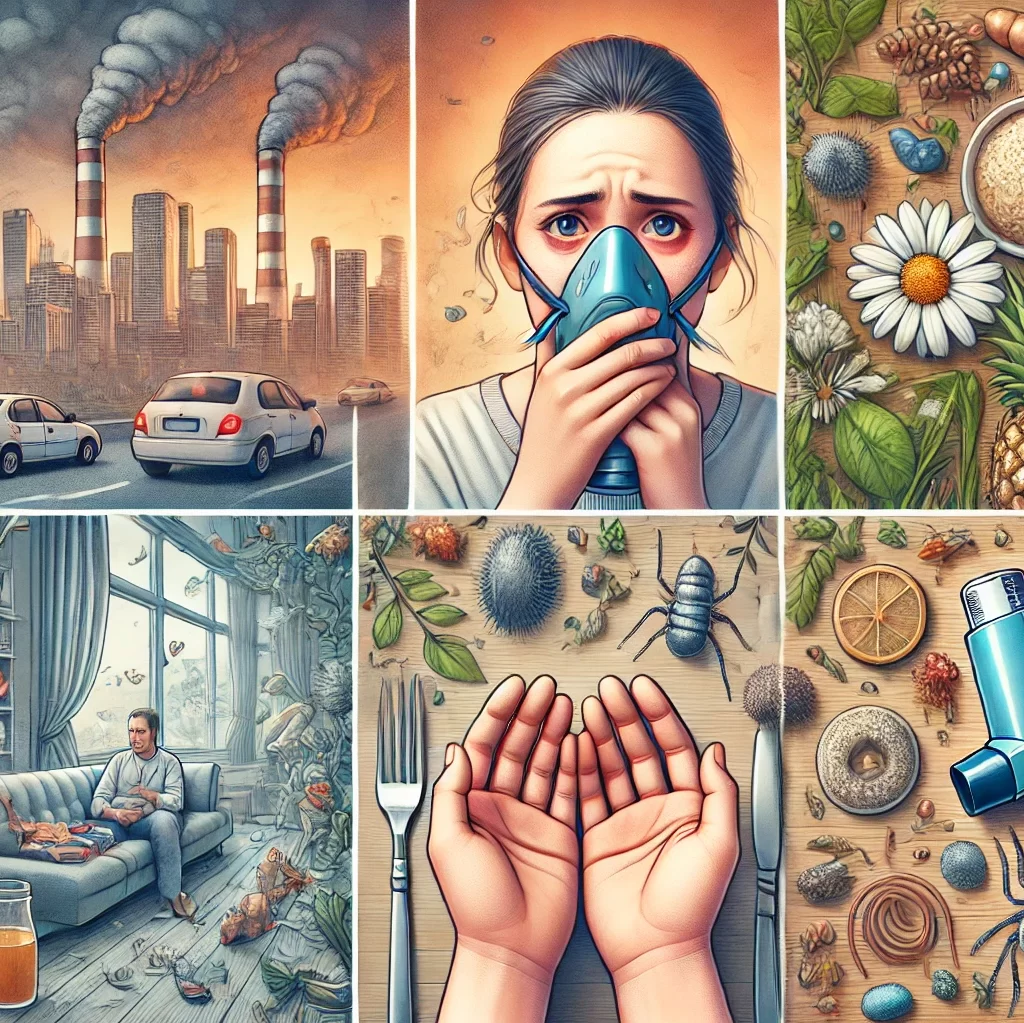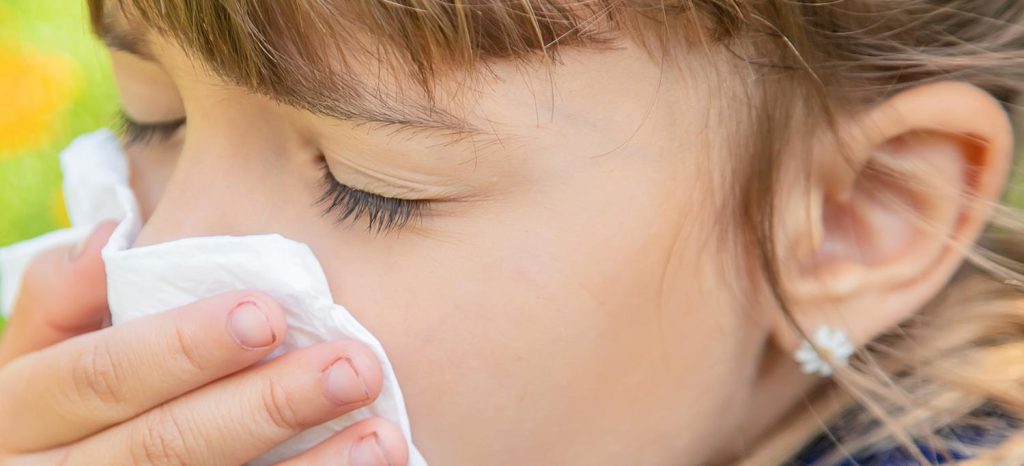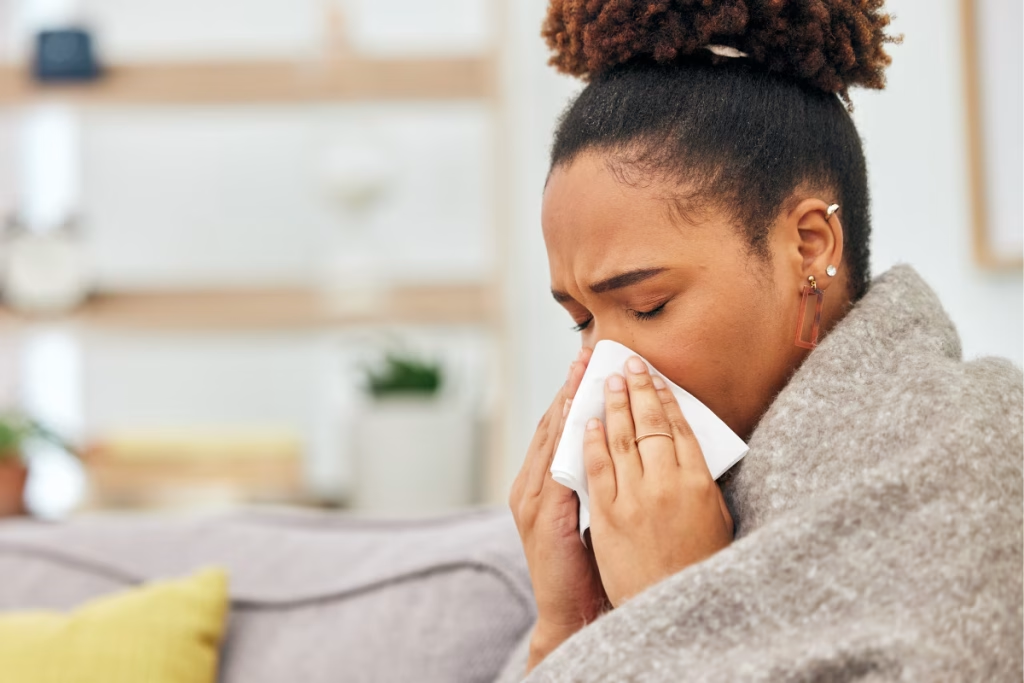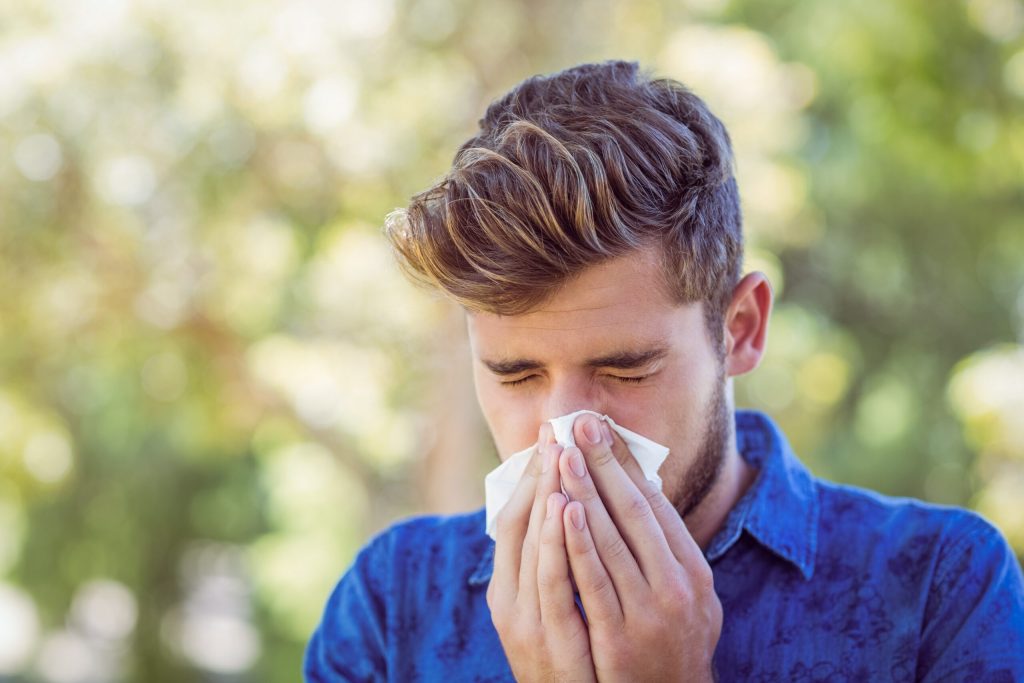Allergic diseases occur when the immune system reacts to substances that do not normally harm the human body.
Allergies are usually caused by organic substances such as tree and flower pollen, house dust and animal hair. Allergy is not an infectious disease and is not transmitted between people. It can affect not only the respiratory tract but also the eyes, digestive system and skin. Specialists from Memorial Health Group Allergy Diseases Department gave information about allergic diseases.


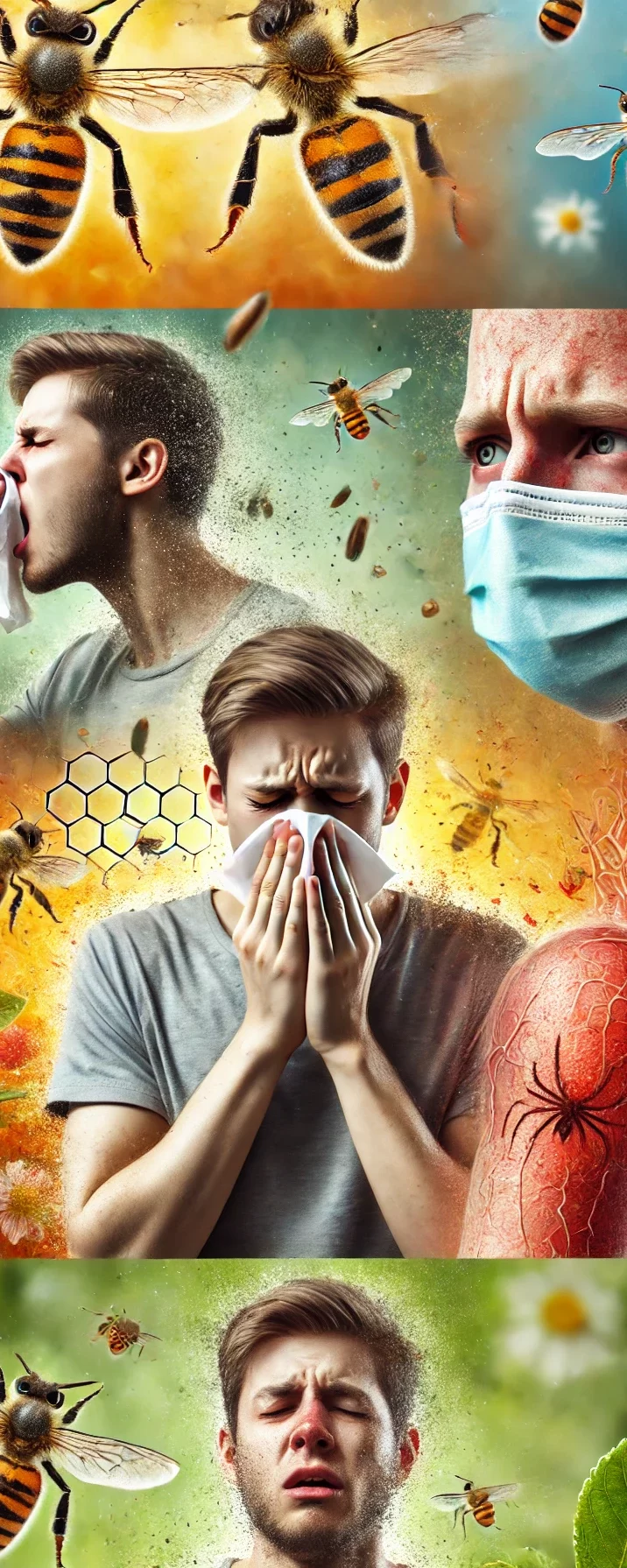
Allergy is an extreme body reaction of a person to any allergenic substance. People who are prone to allergies are called ‘atopic’. Atopy is not a disease, but an overreaction of the body to certain things and can be inherited. It is more common in people with fair skin and those who live by the sea or in humid environments.

Some substances that are normally harmless to the human body cause various reactions in allergic people called atopic. As a result of an allergic reaction, people experience symptoms such as redness, swelling, inability to breathe, sneezing, nasal discharge, watery eyes, diarrhea, nausea and vomiting in all or part of the body, especially the face.
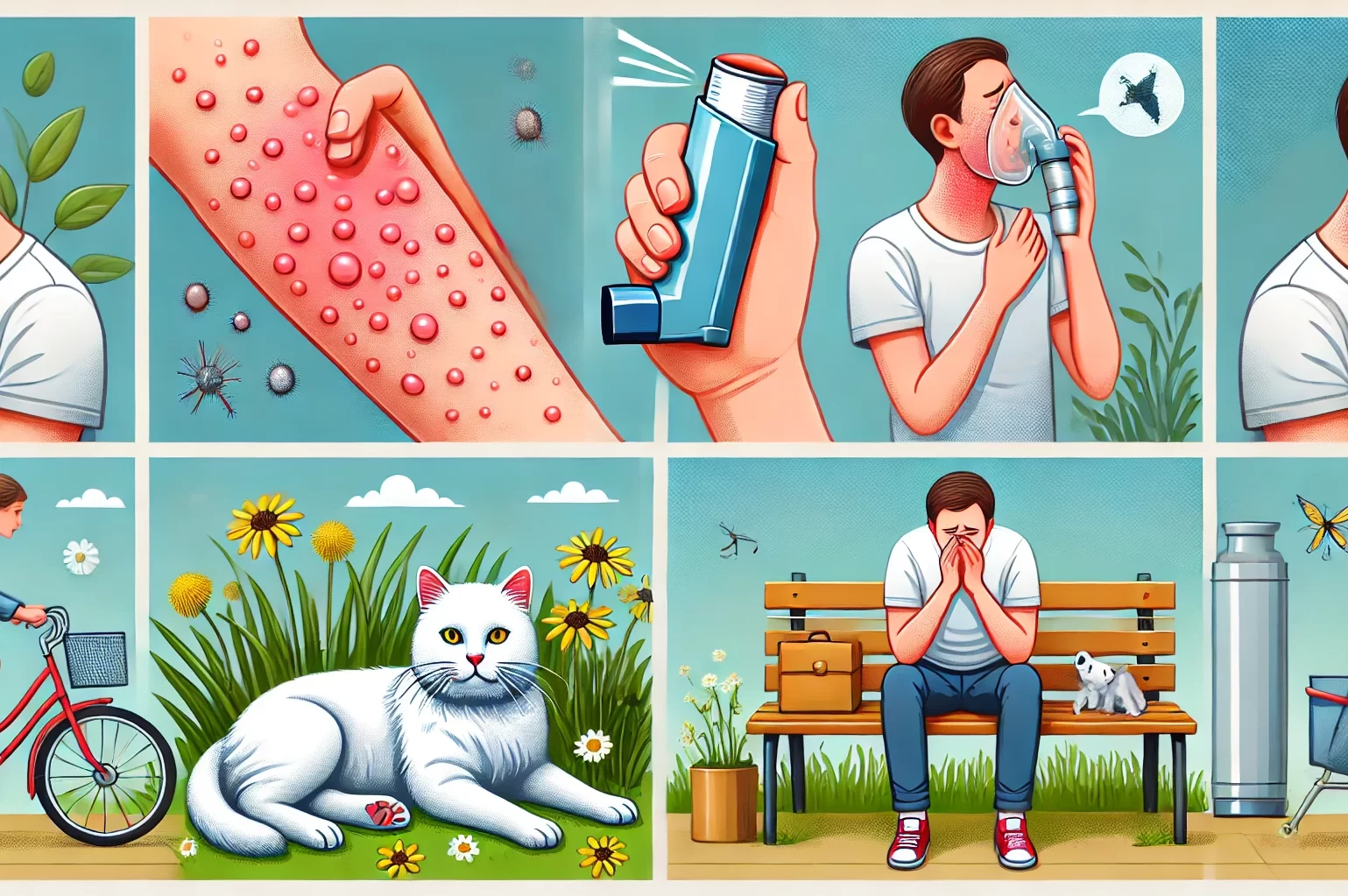
Everyone may have different areas affected by allergies. Depending on the allergen and where the allergen enters, different areas can be affected by allergies. For example, pollen, when inhaled through the nose, often causes allergic symptoms in the nose, eyes, sinuses and throat. Food allergies often cause stomach or intestinal problems and can bring on urticaria. Allergic reactions can also involve several parts of the body.
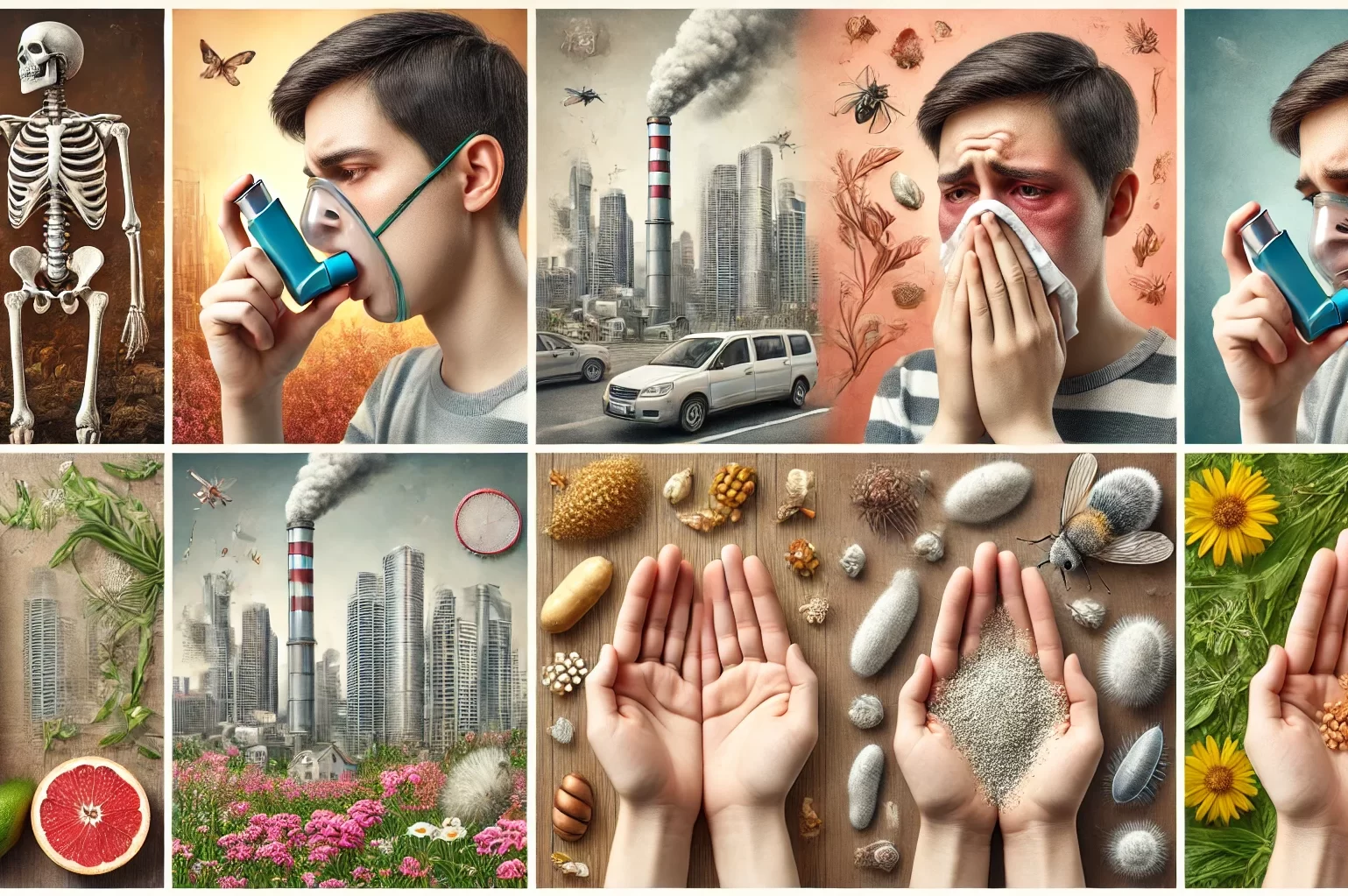
The most common time for seasonal allergies is spring. This is the most difficult time for people with seasonal allergies, as tree pollen, grasses, flowers and tea pollen are frequently displaced by the wind. Plant pollen is intensively mixed into the air during the spring season. As the pollen mixes with the air, allergies are seen especially in the eyes and respiratory system during this period.
Frequently Asked Questions About Allergy
1
Pollen density increases especially in March, April and May. The most common sources are trees in spring and grass in late summer.
2
In order to protect against pollen in the spring months, hats and goggles should be worn when going outdoors. During these months when pollen is dense, you should not spend a lot of time outdoors, especially where there are trees and grass, and you should not do sports.
3
House dust mites, which are invisible to the eye, are mostly found in carpets, curtains, mattresses, bedding, bedding, sofas or plush toys. House dust mites cause an increase in allergic rhinitis and allergic asthma.
The areas most affected by allergies can be listed as follows:
Nose, eyes, sinuses and throat: When allergens are inhaled, the release of histamine can cause the nose to produce more mucus, swell and become inflamed. Severe sneezing and itchy nose may also occur. There may also be watery and red eyes and a sore throat.
Lungs: Asthma is a hypersensitivity of the airways to environmental factors. There is swelling of the airways and the mucous membrane lining the airways. This swelling sometimes prevents airflow and causes breathing difficulties. However, asthma is not only caused by allergies; in most cases, allergies play an important role.
Stomach and intestines: Most stomach upsets can be caused by intolerance to foods. However, there is scientific research showing that some foods can cause allergies. Foods that can cause allergies include peanuts, seafood, dairy products and eggs. Sometimes babies can develop cow’s milk allergy, which can cause eczema, asthma, colic and upset stomach. Some people cannot digest lactose (milk sugar). This lactose intolerance also causes stomach upset, but this should not be confused with an allergy.
Skin: Eczema and urticaria are common skin problems. Hives are white itchy bumps that look and feel like insect bites. Food can be a factor in some cases of eczema.
Allergy Posts
What Is Oral Allergy Syndrome and Why It Occurs
Oral allergy syndrome often surprises people because it appears suddenly during meals, causing itching, tingling, or mild swelling in the mouth even though the food seems familiar and harmless. Have[…]
Read moreHow to Safely Manage Allergies in School-Age Kids
Understanding how to safely manage allergies in school-age kids is essential because children spend long hours away from home each day, and small unnoticed triggers in classrooms, playgrounds, or cafeterias[…]
Read moreThe Best Apps for Tracking Allergy Symptoms
Allergy tracking apps simplify daily symptom monitoring by helping users notice patterns, understand triggers, and communicate more clearly with healthcare providers when needed Why are allergy tracking apps becoming so[…]
Read moreHow Alcohol Can Worsen Allergic Reactions
Have you ever wondered why a simple drink at a social gathering sometimes leaves you with a stuffy nose, itchy skin or a sudden wave of flushing that feels stronger[…]
Read moreHow to Manage Allergies Without Drowsiness
A colleague once told me how seasonal allergies left him struggling to stay awake after using a common antihistamine, and his frustration reflected a familiar story for many people who[…]
Read moreHow to Read Food Labels for Allergy Triggers
You pick up a new snack on a busy day. The packaging looks friendly and simple at first glance. Then the ingredients list runs like tiny, crowded text. Your eyes[…]
Read moreHow to Safely Manage Allergies During Pregnancy
Navigating the nine months of pregnancy involves a complex calculus of risk and benefit concerning nearly every personal health decision, a situation compounded significantly when a woman suffers from pre-existing[…]
Read moreHow to Create an Allergy-Friendly Home Environment
The pursuit of a truly allergy-friendly home is fundamentally an exercise in environmental control, a comprehensive campaign against the unseen microscopic particles that constantly infiltrate our living spaces. It is[…]
Read moreUnderstanding the Most Common Triggers for Spring Allergies
The shift from the cold dormancy of winter to the sudden, vibrant bloom of spring is a sensory transformation that millions of people anticipate, yet for those susceptible to allergic[…]
Read more
